
Peoples and Languages
Social Media
Leave comments, suggestions, keep an eye on news in our groups on VK, Odnoklassniki and Telegram channel
Peoples and Languages
Social Media
Leave comments, suggestions, keep an eye on news in our groups on VK, Odnoklassniki and Telegram channel
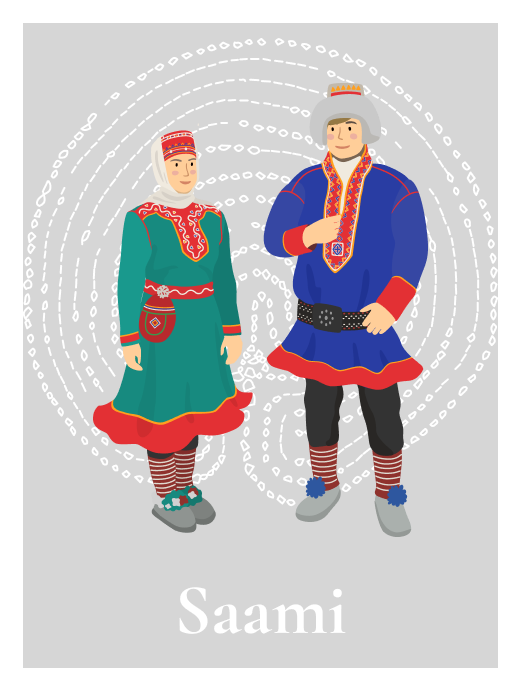
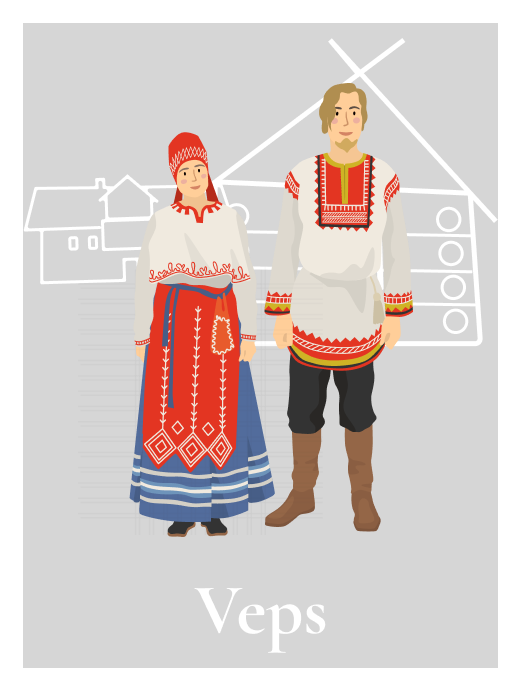
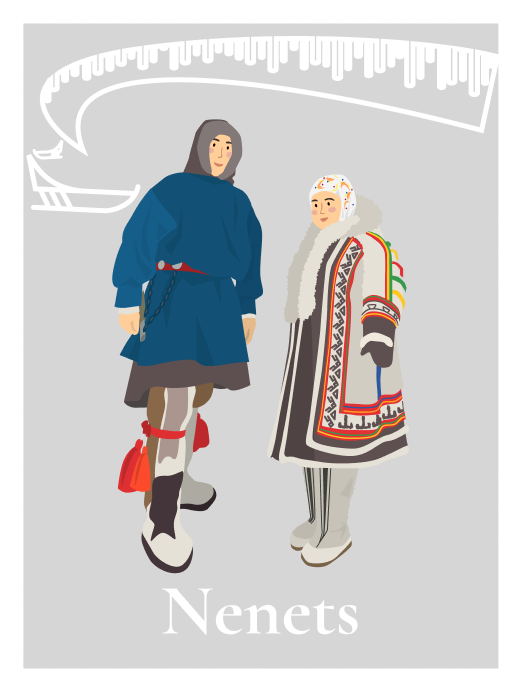
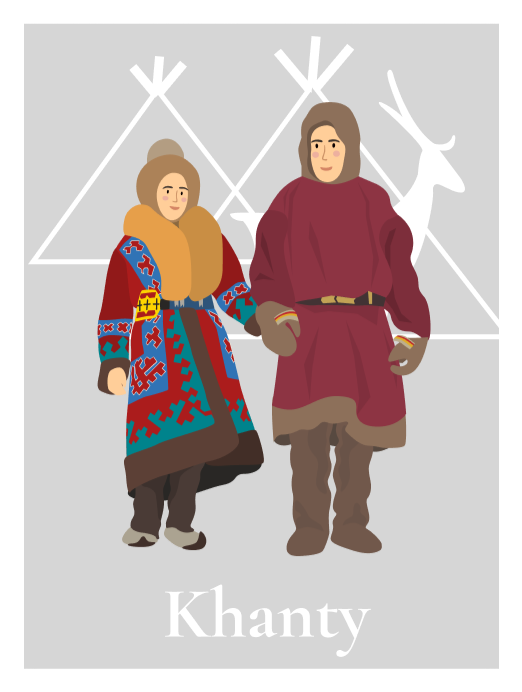
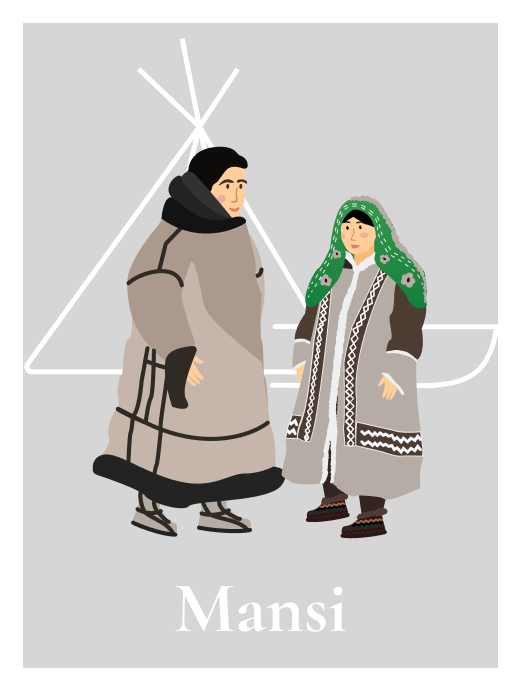
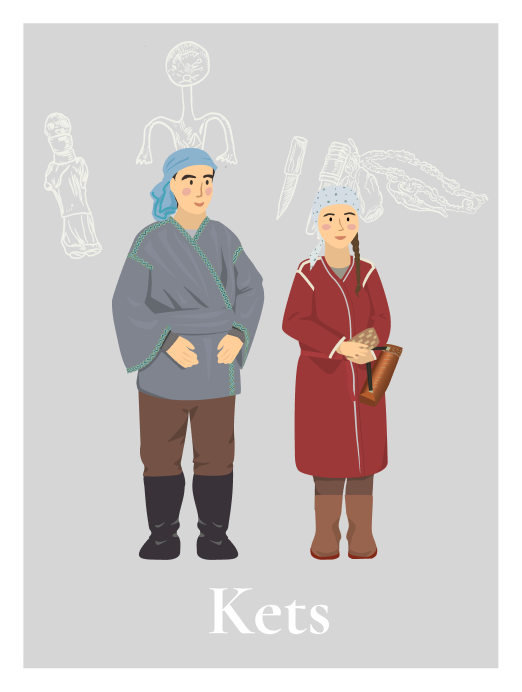
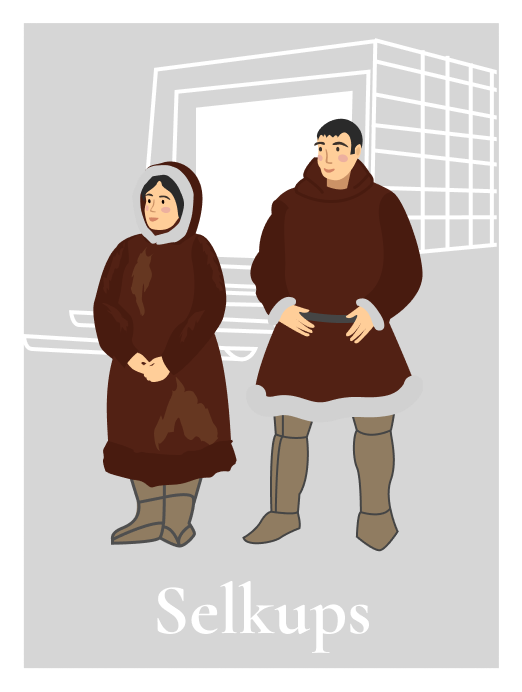
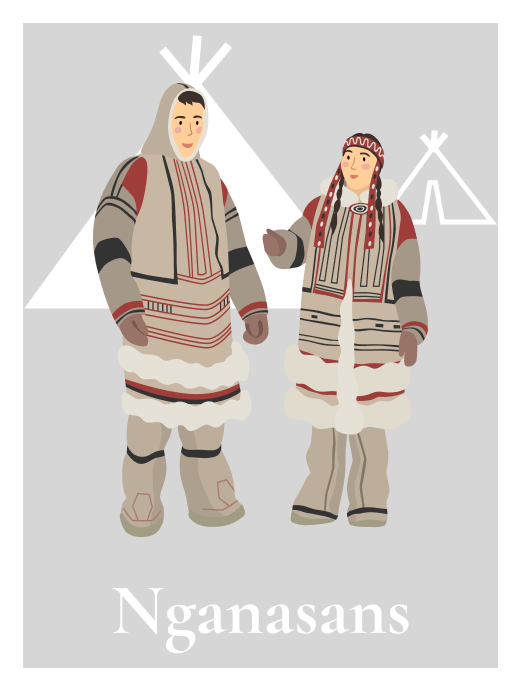
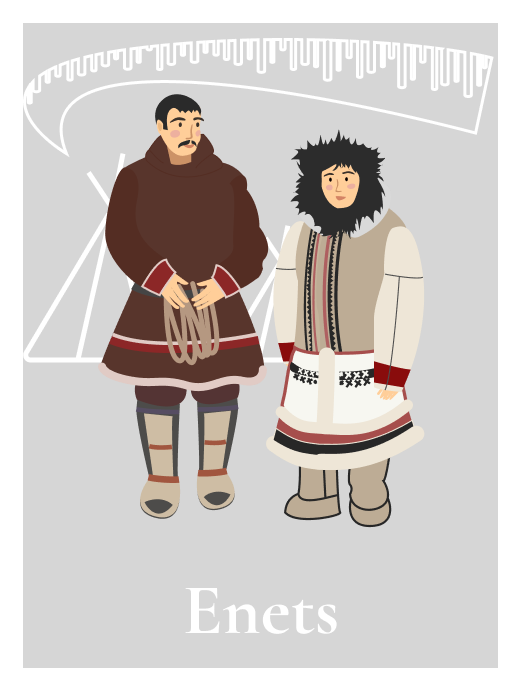
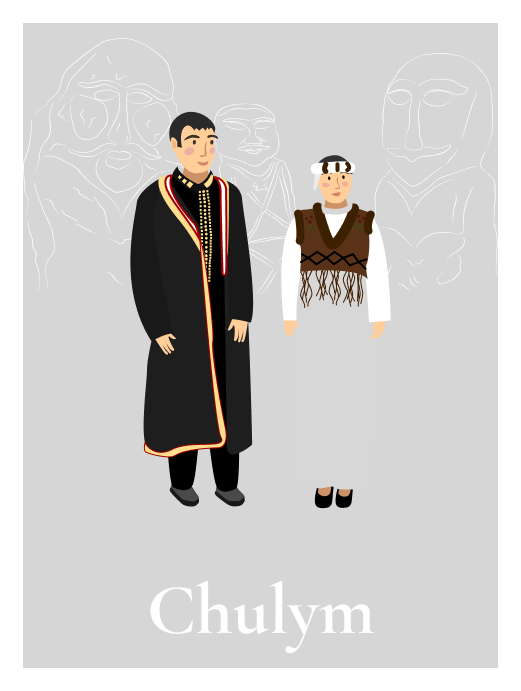
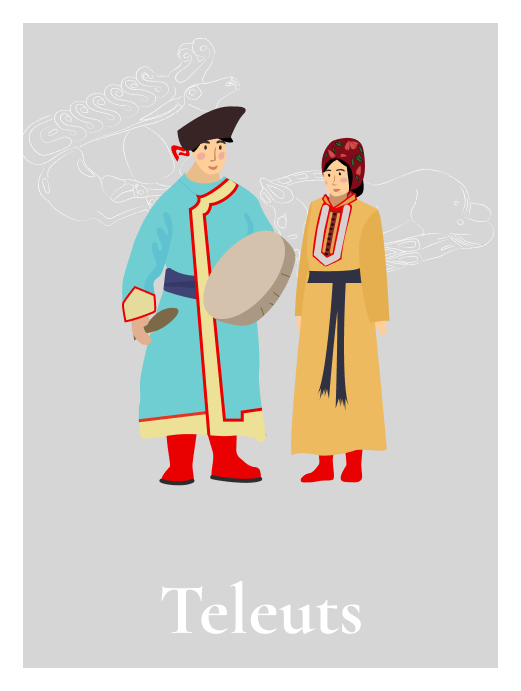
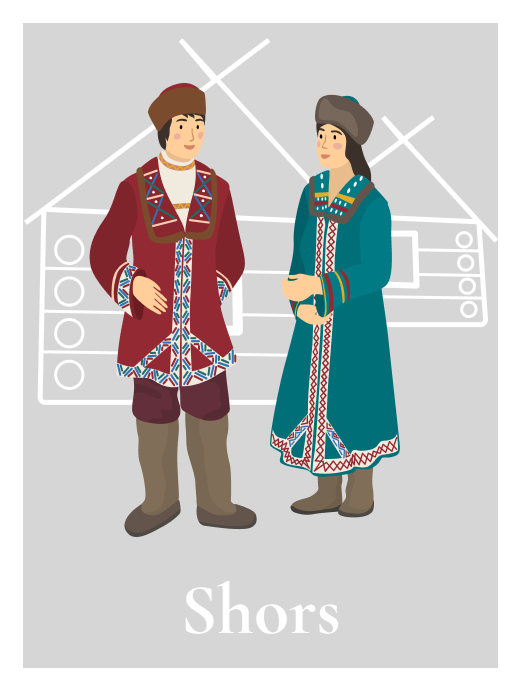
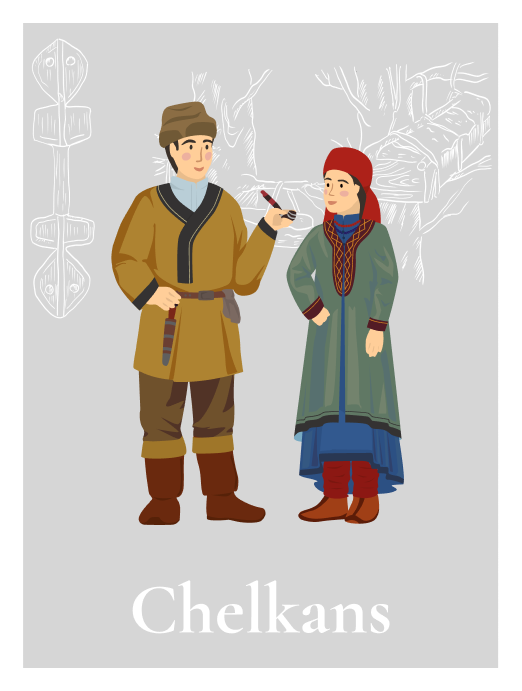
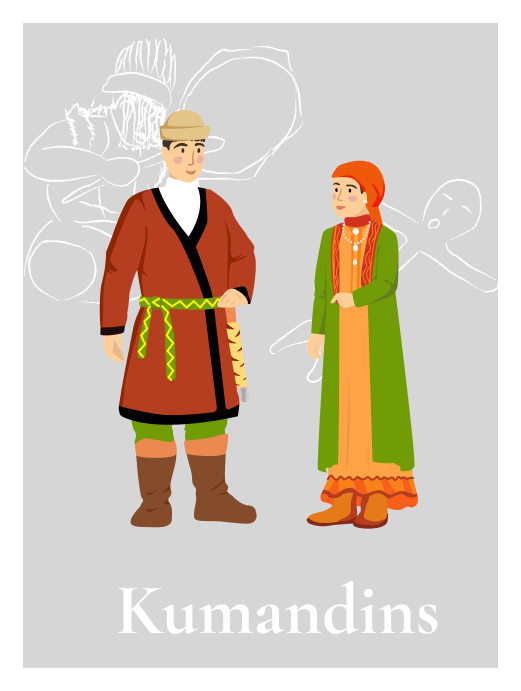
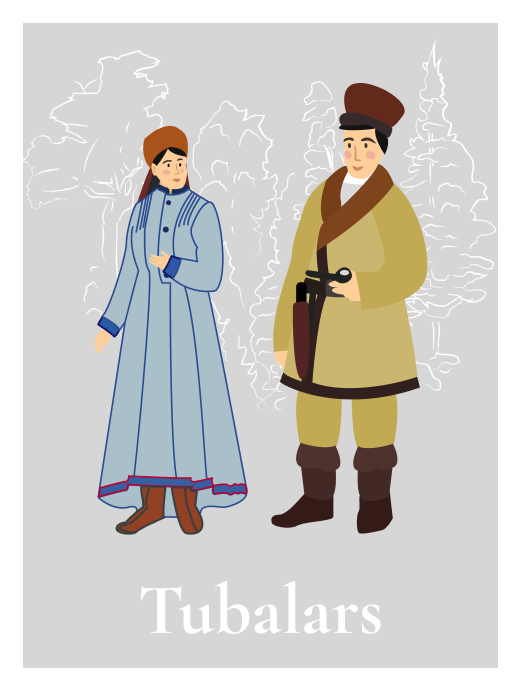
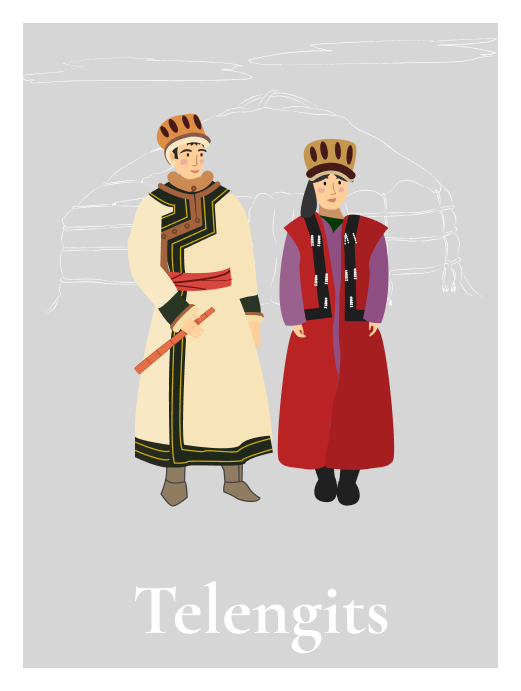
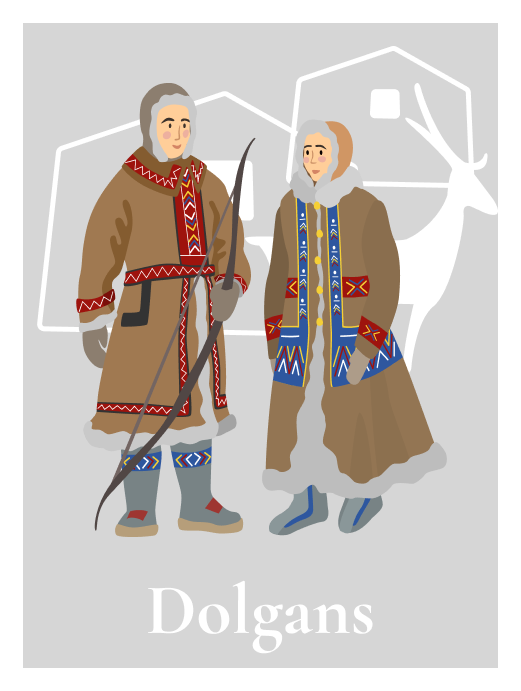
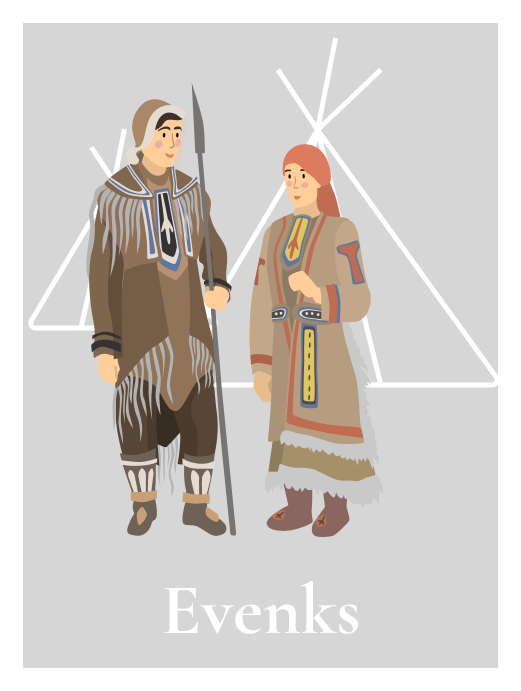
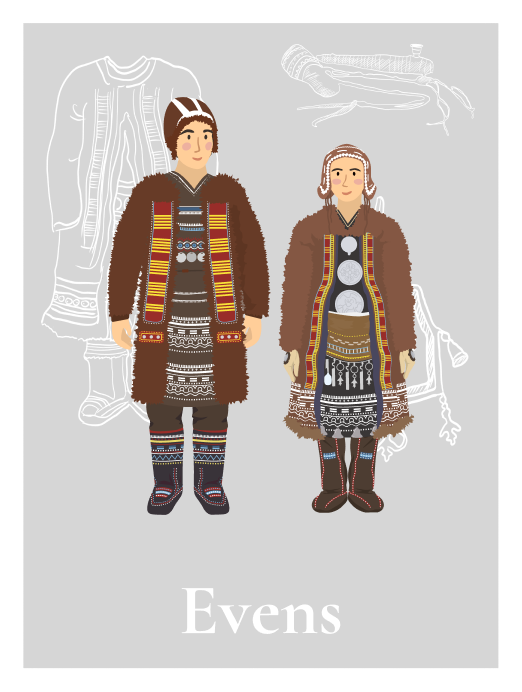
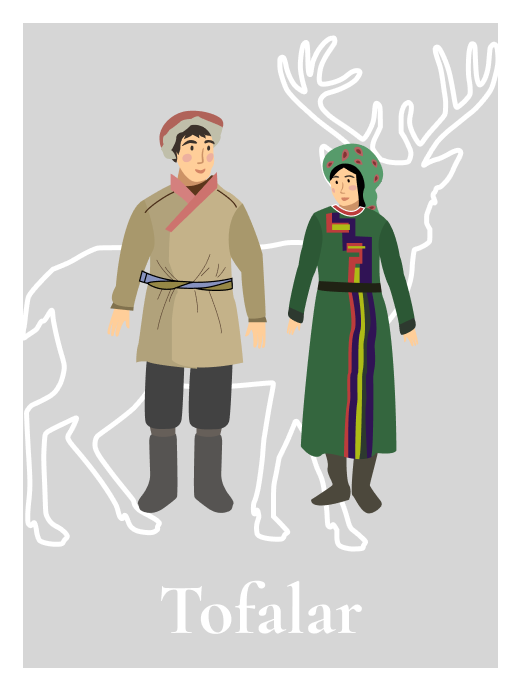
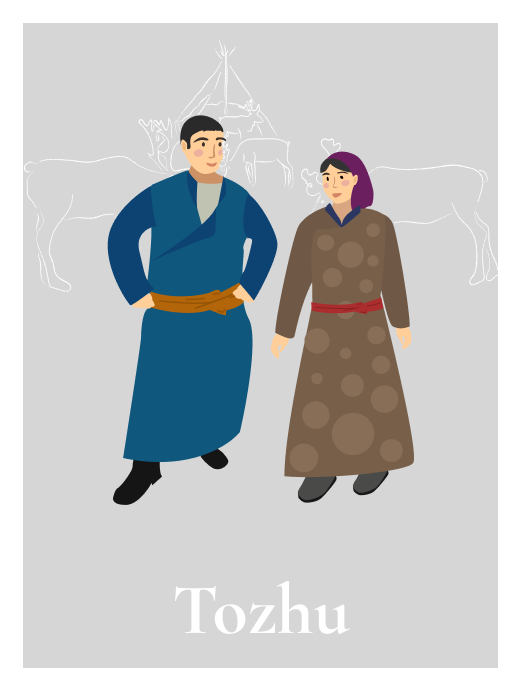
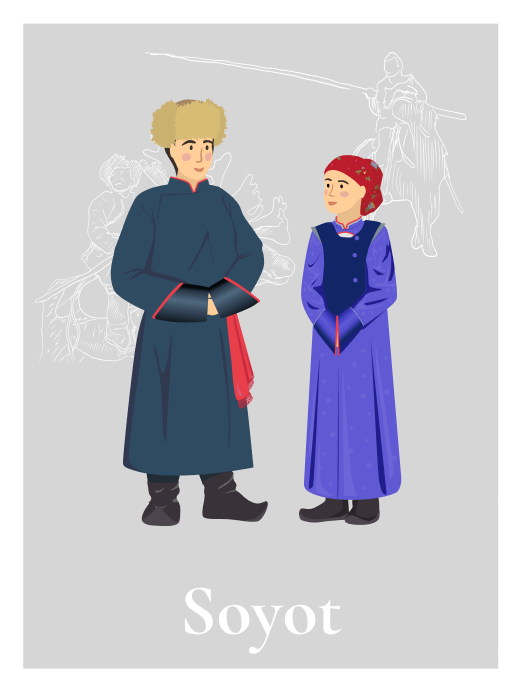
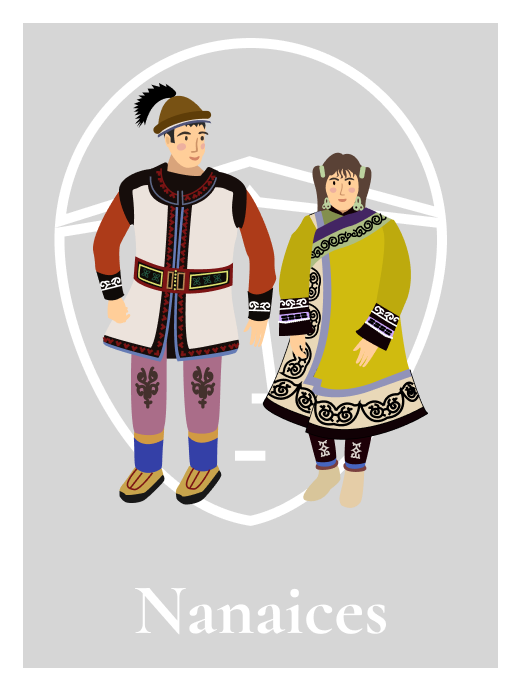
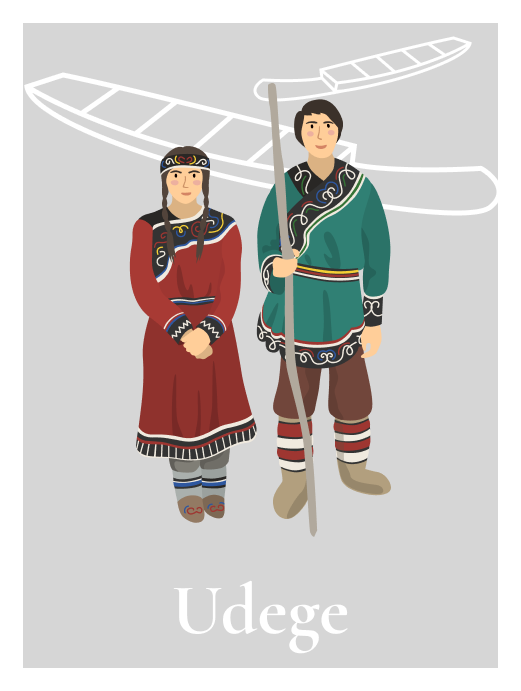
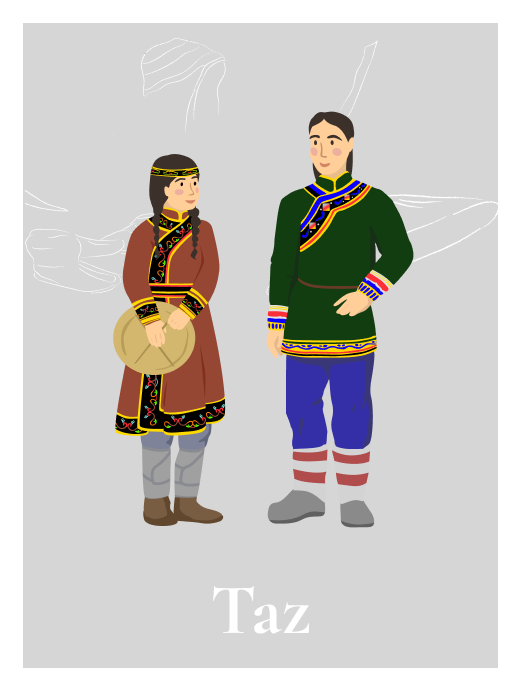
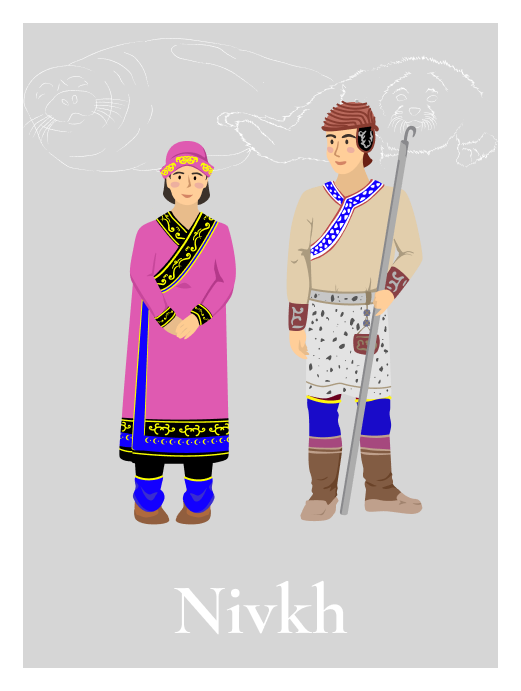
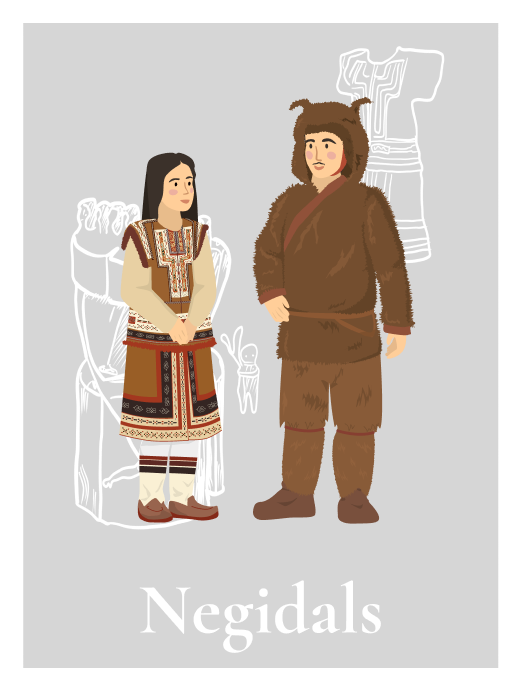
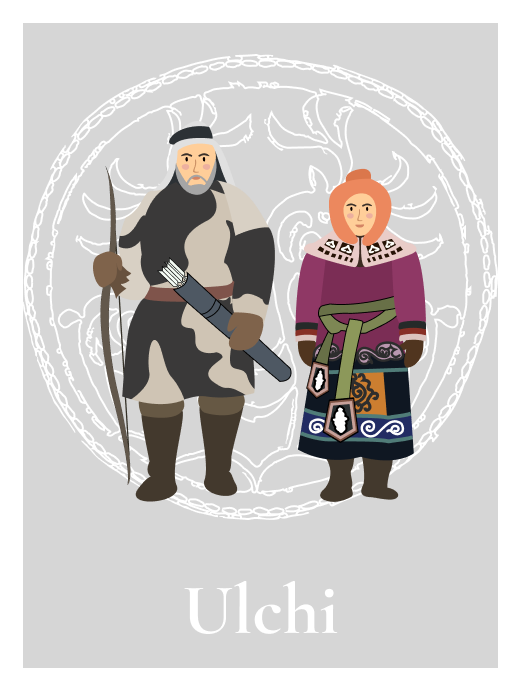
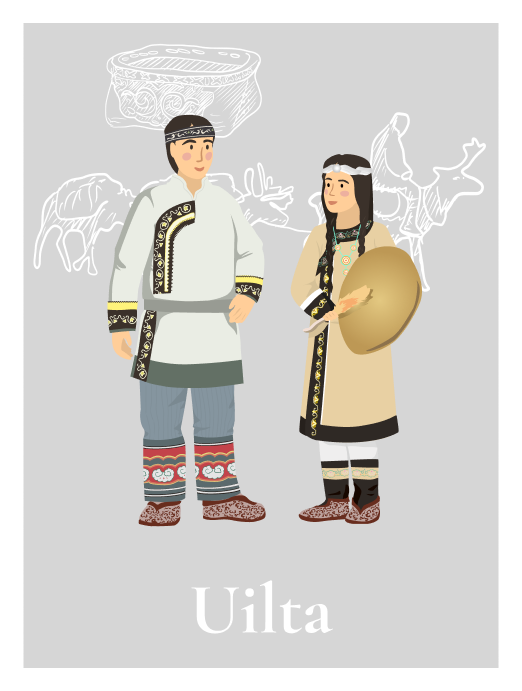
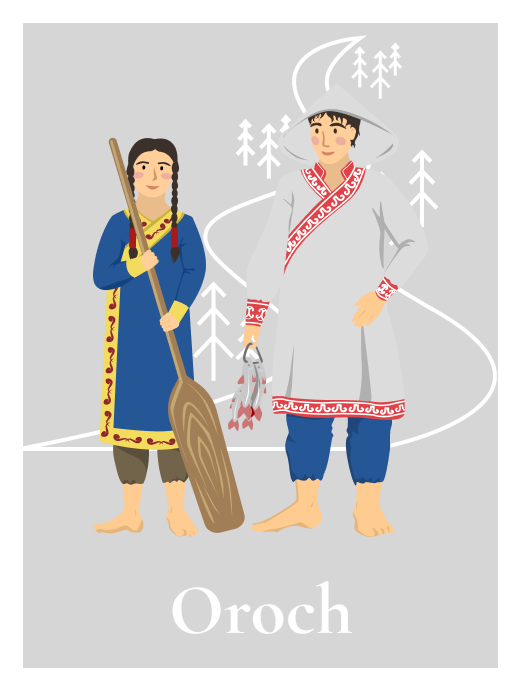
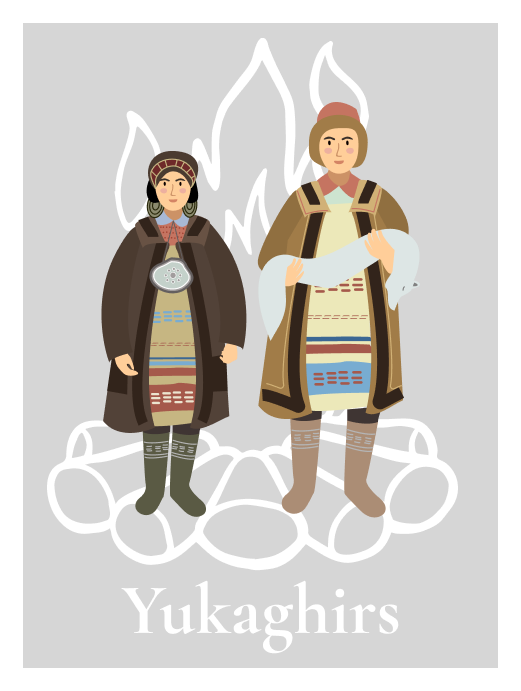
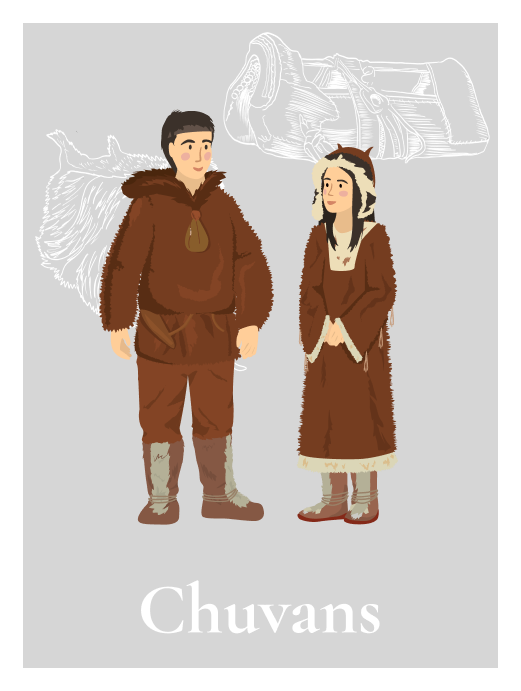
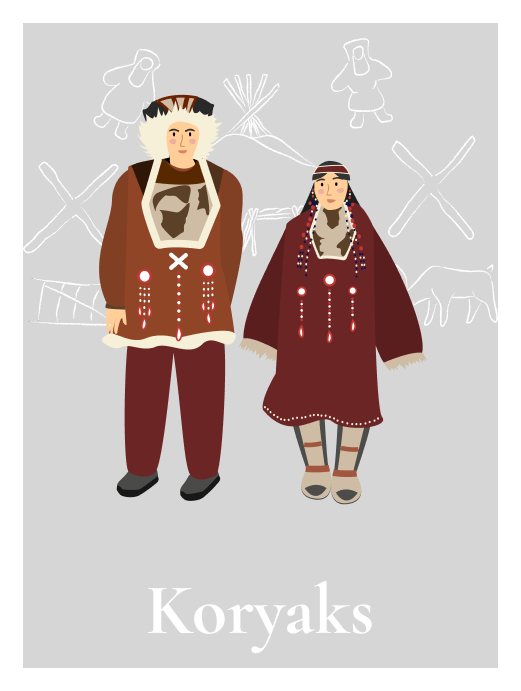
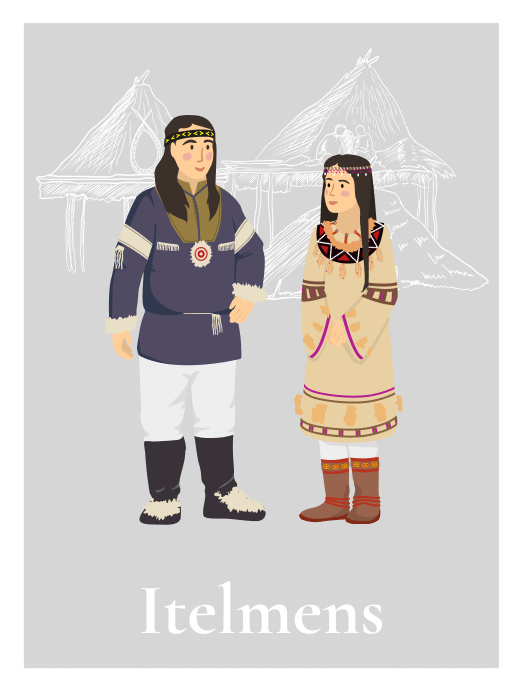
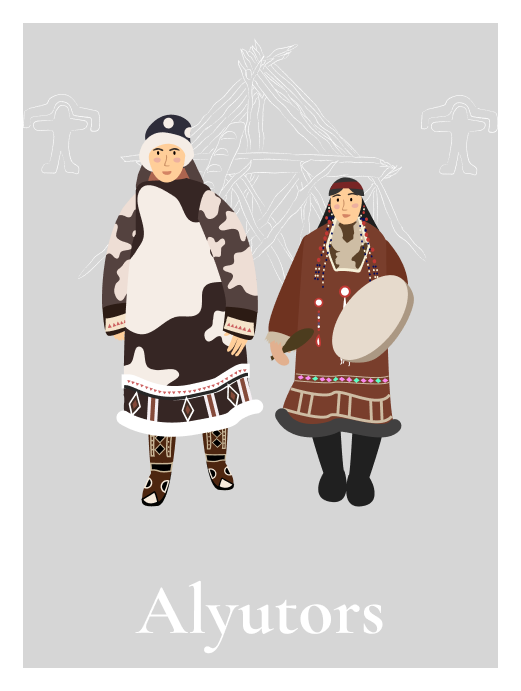
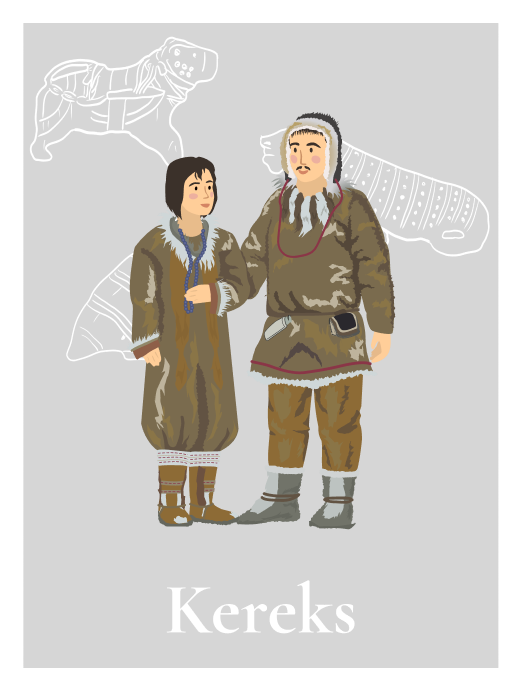
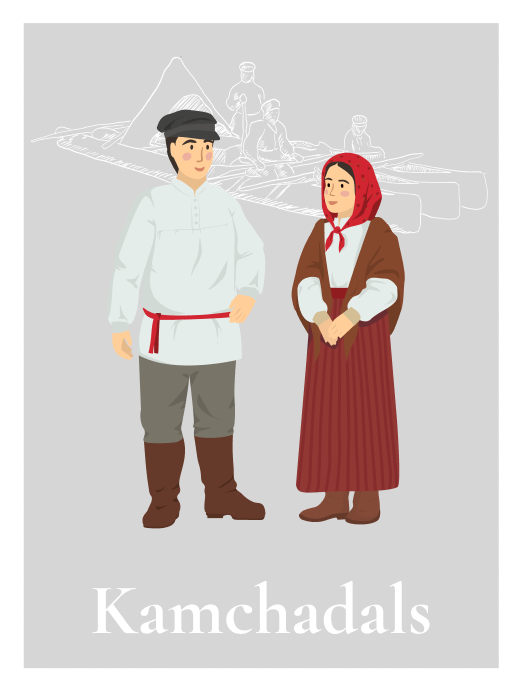
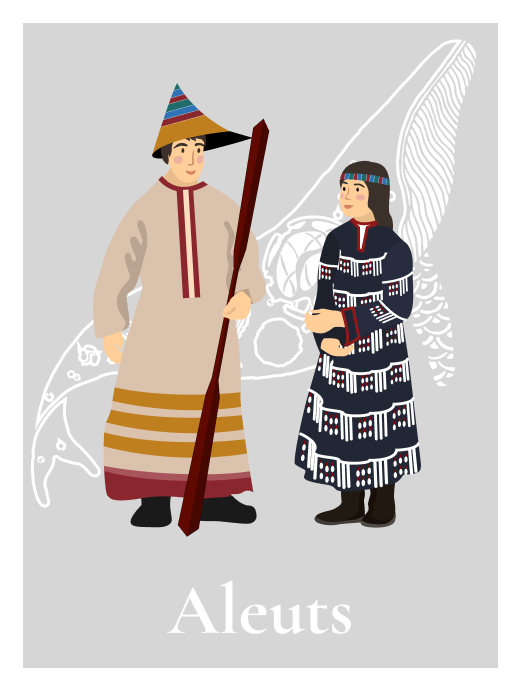
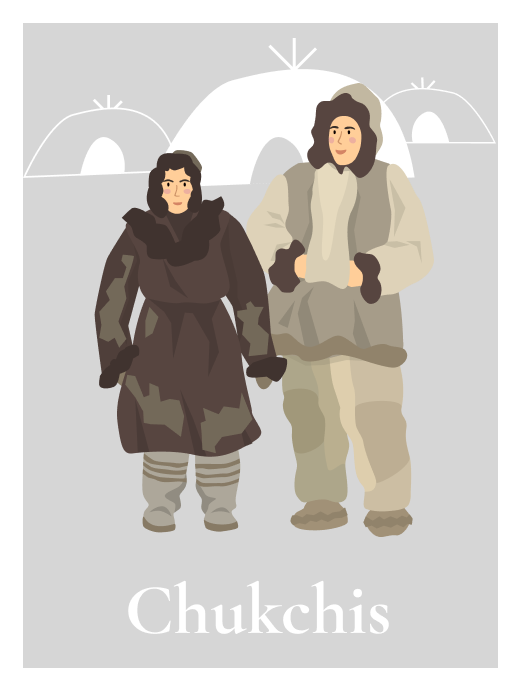
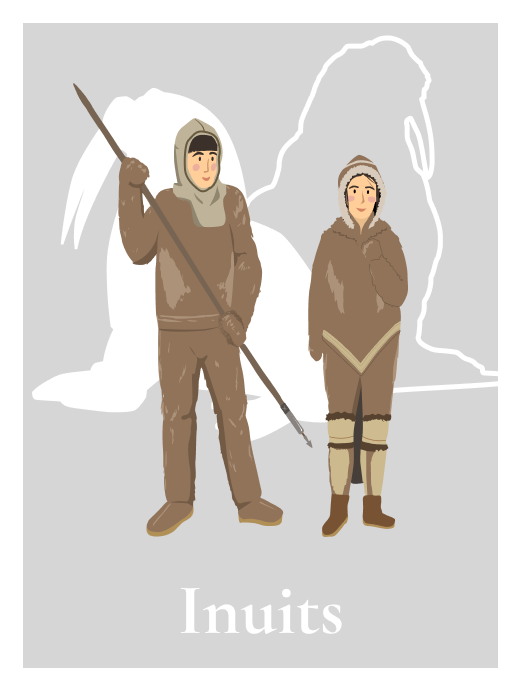
Spelling variants: the Chalkan language. The old name: the language of Lebed Tatars (the ethnic group got its name from living along the coasts of the river Lebed), Nikolay A. Baskakov used a compound name: the dialect of Lebed Chalkan Tatars (kuu-kizhi). The people’s endonyms are shalgannu/shalgandu, also kuu-kizhi (from the Chelkan kuu – swan, hence the ethnonym Lebed Tatars or Lebedins (lebed means swan in Russian), a calque from the Turkic kuu, and the river name Lebed), the name the group uses for the language is shchalgan til / shalgan til, shalganug.
Previously, Chelkans were considered to be part of the Altai people, and their language was classified as a northern dialect of Altai. In 2000, Chelkans were recognized as a separate ethnic group and listed among the indigenous small-numbered peoples of the Russian Federation. The 2002 Census was the first Census to record Chelkans as a separate ethnic group.
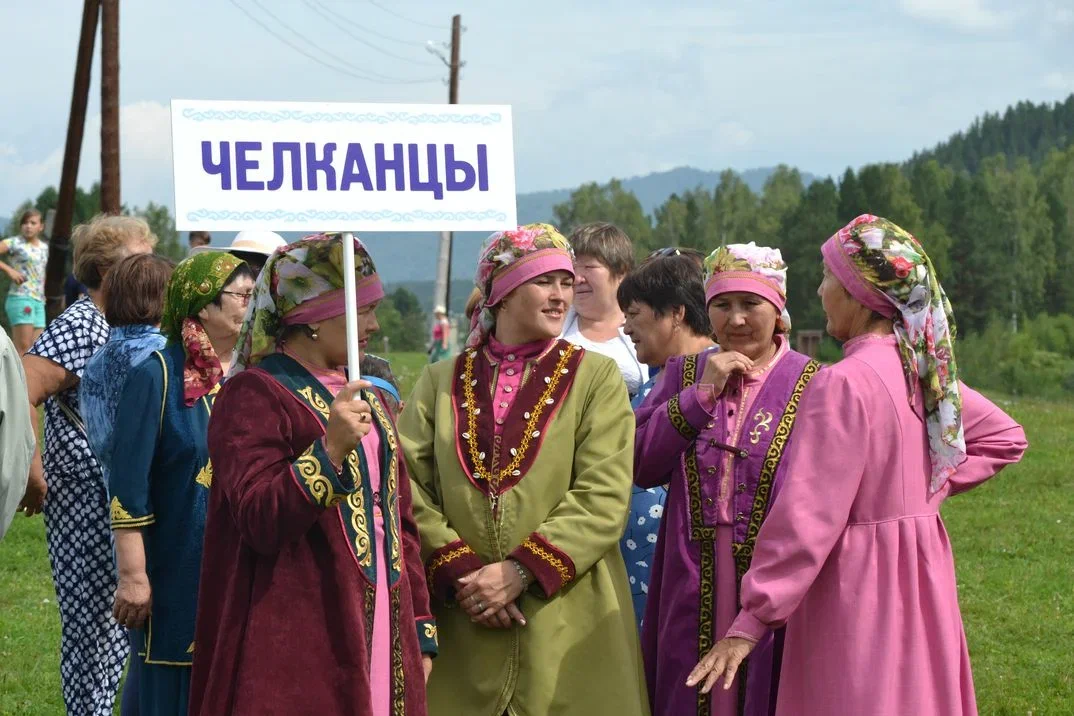
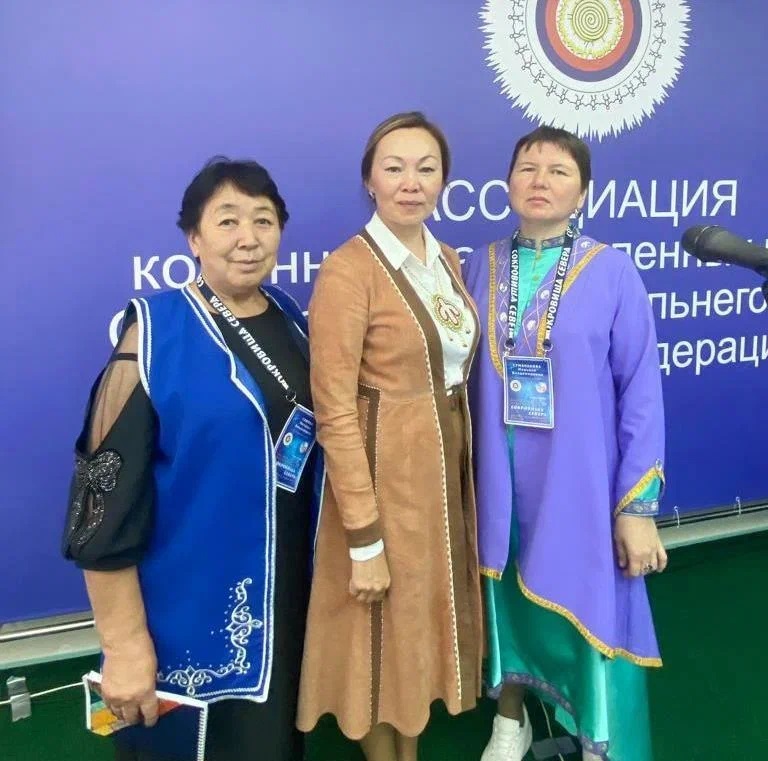
When surveyed in 2000, 81.6% of ethnic Chelkans in the Turochak district called Chelkan their native tongue, and 9.9% said their native tongue is Russian. A sociolinguistic study conducted in the same year showed that the overwhelming majority of Chelkans (73%) speak Chelkan, although 25.6% prefer Russian. Mostly Chelkans speak Chelkan and Russian since they live in a close contact with Russians. The 2014–2017 field studies show that most Chelkans use Russian when communicating among themselves.